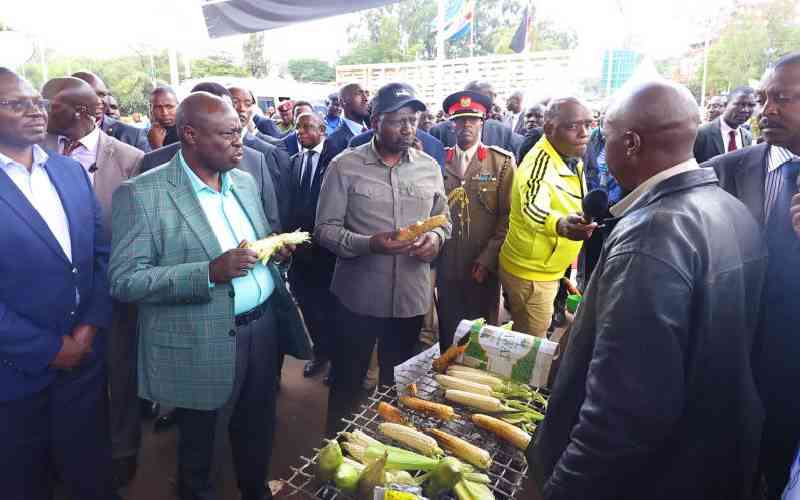
Reclamation of public land alleged to have been acquired fraudulently continues. It began with the national government evicting people from places and houses they have known as their homes for decades, ostensibly to pave the way for affordable housing. County governments took cue, and many roadside traders - the hustlers - now find themselves without places to do their businesses.
Sadly, compensation is not on the cards. Worse, the lives of millions of citizens have been upended. And this, even though Kenya Kwanza and its principals promised Kenyans a toast in the classical 'bottoms up' fashion, and a 'bottom-up' leadership approach before the August 2022 general elections.